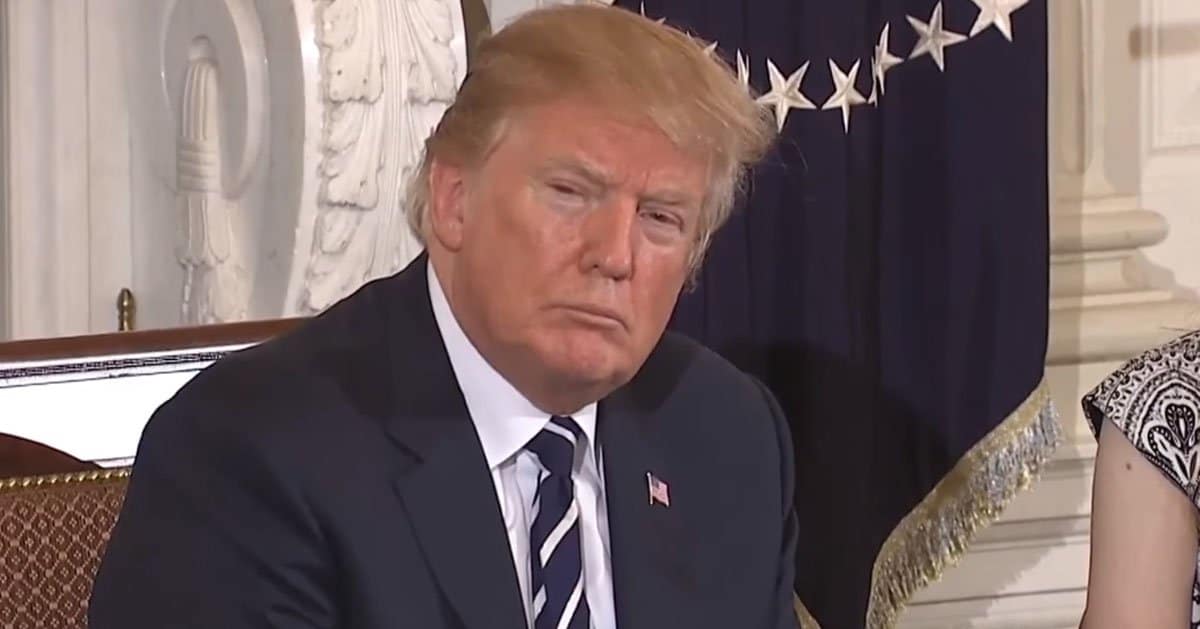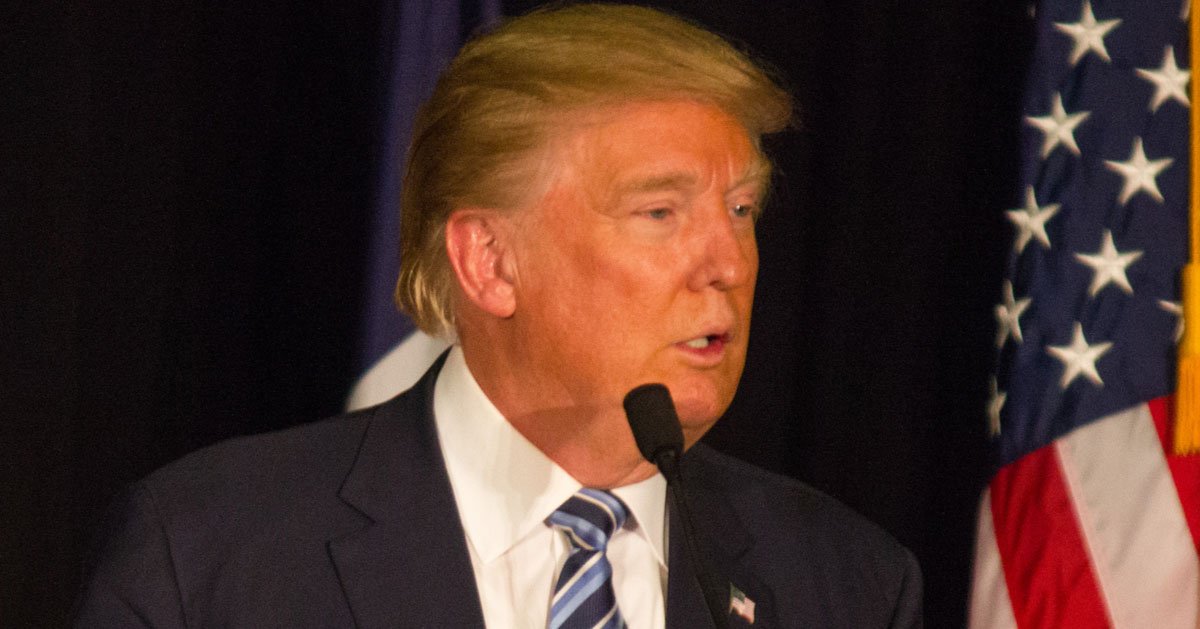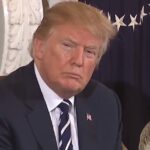








President Donald Trump’s bold call for the death penalty in Washington, D.C., murders has MSNBC panelists clutching their pearls.
The Daily Caller reported that during a cabinet meeting, he announced his administration’s intent to pursue capital punishment for those convicted of murder in the nation’s capital, igniting a firestorm of criticism from left-leaning commentators.
Trump’s announcement came as part of his aggressive push to curb crime in D.C., where only one murder has been reported since his federal takeover deployed the National Guard.
MSNBC’s Chris Jansing, on her show “Chris Jansing Reports,” dismissed the death penalty as ineffective, citing research that it doesn’t deter killings. Her claim that the U.S. is the only Western nation using capital punishment reeks of moral posturing, ignoring the unique challenges of D.C.’s crime landscape.
Jansing leaned on polls from Pew and Gallup, noting that public support for the death penalty is at a five-year low, hovering around 50%. Yet, she sidestepped the fact that half the country still backs it, suggesting Trump’s policy might resonate with a significant chunk of voters.
The disconnect between her rhetoric and public sentiment reveals a bias that assumes progressive ideals are universal.
Lincoln Project’s Stuart Stevens chimed in, painting Trump as fixated on the death penalty, even for the innocent. His assertion that the country has “moved on” from such policies feels like wishful thinking, given the persistent public support Jansing herself cited.
Stevens’ claim that this won’t score political points dismisses the frustration many feel with rising urban violence. MSNBC’s Ashley Parker called Trump’s proposal “outlandish,” accusing him of baiting Democrats with a divisive issue.
She conveniently ignored the context of D.C.’s crime stats, like the fact that the city had the fourth-highest murder rate in 2024, outpacing Chicago and New York. Parker’s attempt to downplay the issue as a political stunt glosses over the real fear residents face in a city struggling with violent crime.
Parker also claimed crime has “significantly dropped” in D.C., a half-truth that ignores the broader picture. The FBI’s data shows a 10% drop in violent crime since 2024, but it remains above pre-pandemic levels. Brushing off this reality as a talking point for Trump’s agenda reeks of partisan spin, not genuine concern for public safety.
Since Trump’s federal takeover, the National Guard’s presence has led to tangible outcomes. Authorities have arrested over 1,000 individuals, including members of MS-13 and Tren de Agua, and seized over 100 illegal firearms. On Monday night alone, police nabbed 87 suspects, 39 of whom were illegal immigrants, showing the crackdown’s reach.
The Metropolitan Police Department (MPD) reported just one murder since the takeover, a shooting in Southeast D.C. that left a man dead.
This low number could signal early success for Trump’s strategy, though MSNBC’s panelists failed to acknowledge it. Their silence on this point suggests a reluctance to credit policies they oppose, even when results are evident.
MPD claims a 26% drop in violent crime since 2024, but their data excludes aggravated and felony assaults, raising questions about transparency.
Accusations of fudging crime stats have dogged the department, undermining trust in its rosy reports. A conservative lens sees this as a reason to support stronger measures like Trump’s, not dismiss them.
The death penalty debate isn’t new, but Trump’s focus on it for Kerneldorfer’s claim that it doesn’t deter crime ignores a fundamental truth: justice demands consequences for heinous acts.
Studies may question its deterrent effect, but for many, murder warrants the ultimate punishment. Dismissing this as outdated, as Stevens does, sidesteps the moral argument for retribution in cases of extreme violence.
Jansing’s point about the U.S. standing alone among Western nations on capital punishment feels like a distraction from D.C.’s specific crisis.
The city’s murder rate, fourth-highest in 2024, underscores the urgency of Trump’s crackdown. Critics like Jansing focus on optics over the lived reality of communities desperate for safety.
Stevens’ accusation that Trump supports executing the innocent is a cheap shot, lacking evidence from the provided facts. It’s a rhetorical jab meant to inflame rather than engage with the policy’s intent. Such hyperbole distracts from the real issue: restoring order in a city plagued by violence.
D.C.’s crime stats paint a grim picture, with murder rates surpassing major cities like Atlanta. The FBI’s 10% drop in violent crime is progress, but levels still exceed pre-pandemic norms, a nuance Parker glosses over. Trump’s death penalty push targets this persistent threat, not political points.
The National Guard’s impact—1,000 arrests, 100 firearms seized—shows a commitment to action over rhetoric. Monday’s 87 arrests, including 39 illegal immigrants, highlight the complexity of urban crime, which MSNBC’s panel sidesteps for simpler narratives. Their focus on “political gain” ignores the human cost of inaction.



